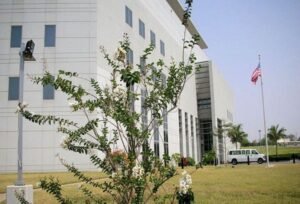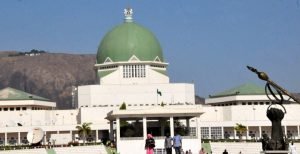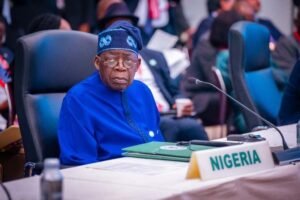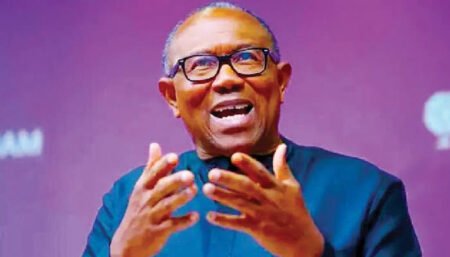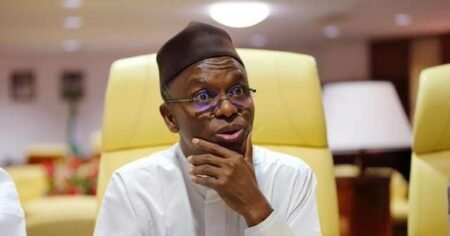Cameroon President Paul Biya, the world’s oldest head of state, turns 92 on Thursday after more than four decades in power.
Many people, including the severely divided opposition, believe the leader, who was first elected in 1982, would seek an eighth term in the October election.
After highly contested elections in 2018, Biya further tightened his autocratic grip on power, with dissenting opinions firmly met with repression, arrests, and prison terms, human rights activists say.
“The president has already said that he will make known whether or not he is a candidate in this election at the appropriate time,” government spokesman and Communication Minister Rene Emmanuel Sadi said last month.
Biya has refrained from naming a successor, and the question of who would succeed him remains taboo.
“In the current context, even if he were lying on a stretcher, candidate Biya will be re-elected,” former minister Garga Haman Adji told the daily Mutations in July.
Concerns about Biya’s health grew last year when he disappeared from public notice for many weeks.
Persistent rumors forced authorities to issue a statement claiming Biya was in Switzerland, where the leader has frequently spent long amounts of time at expensive vacation facilities.
The government then publicly prohibited local media from mentioning the state of his health.
Since his return to the country on October 21, Biya has made only a few public appearances, including a few formal pictures at the presidential palace, a regional gathering in the capital Yaoundé, and a few television remarks.
As in prior election years, people from all walks of life are calling on him to run for government again.
“My determination to serve you remains intact and is strengthened on a daily basis, given the scale of the challenges we face,” Biya said in his end-of-year address, welcoming a “massive support.”.
Traditional leaders pledged “total and unwavering” support in January. On Facebook, some admirers argued Biya was “still strong” and could serve two more terms.
International human rights organizations frequently criticize Biya and his government for oppressing the opposition.
Seven years ago, the long-serving president was re-elected for a seventh term in a closely fought election that ignited a wave of political persecution. Few publicly demand that he give up power.
“In recent times, the anxieties of the vast majority of Cameroonians have increasingly transformed into cries of distress in the face of the misery they are experiencing and the degradation of our beautiful country,” Catholic bishops at an episcopal conference said.
They also condemned the “corruption,” unemployment, and fatal violence that afflict portions of the country.
Since 2009, the far north of Cameroon has been attacked by Boko Haram terrorists and the Islamic State West Africa Province.
Since 2016, armed independence groups have been fighting security troops in two English-speaking districts of the country.
In a recent speech, Biya praised recent progress and urged young people not to be misled by those predicting chaos.
However, the government has not been reshuffled since January 2019, and the seats of four ministers who died in office remain vacant.
